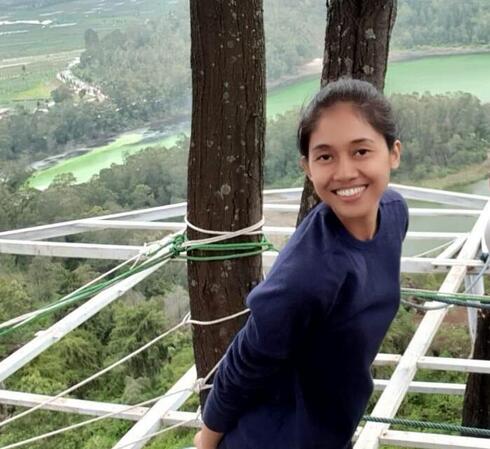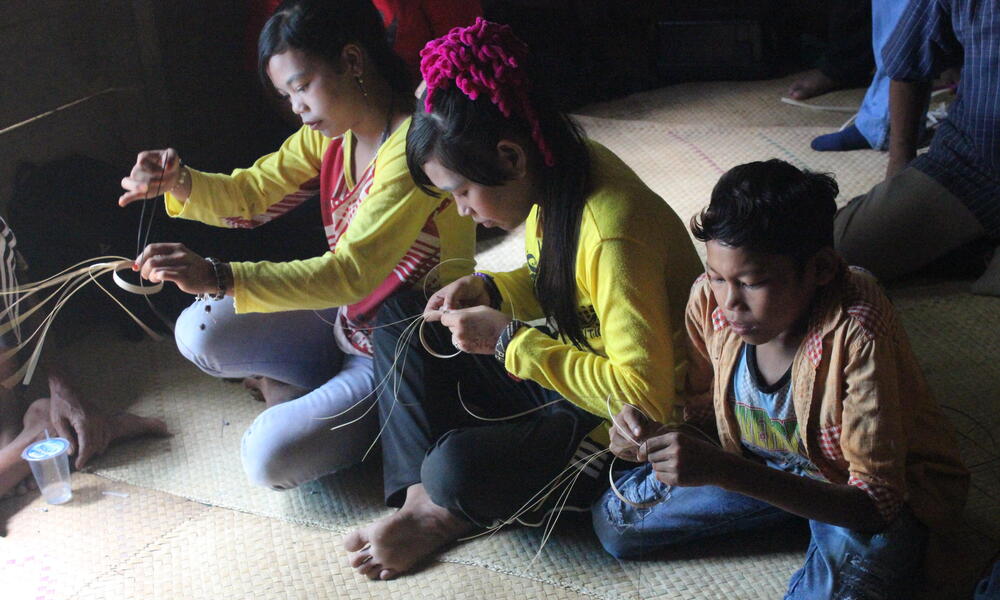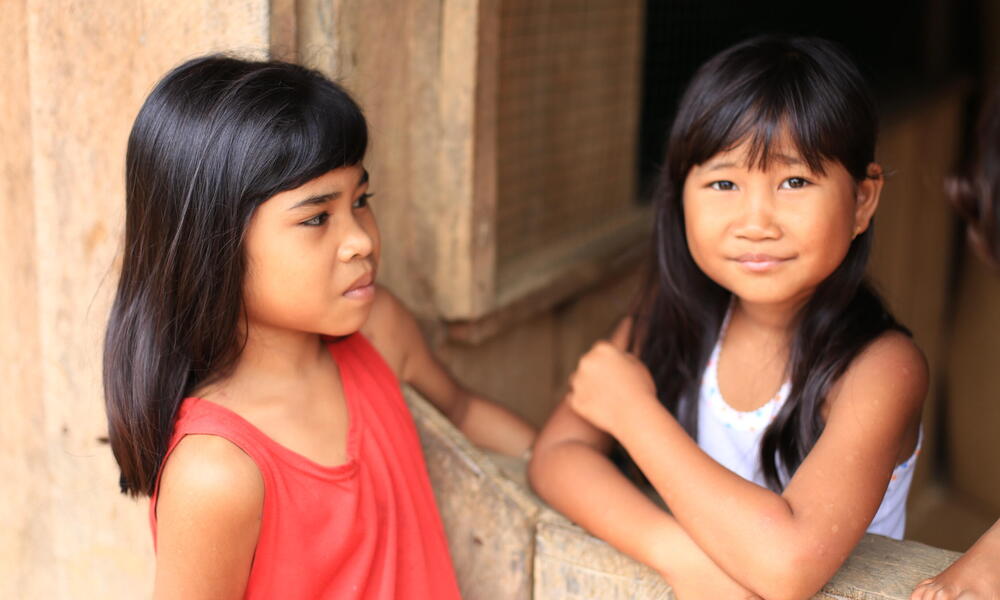JAN: It’s so good to talk to you today, Nety!
NETY: Likewise, Jan. I wish we could be speaking in person. Indonesia is just a bit too far from the United States!
JAN: Has Indonesia always been home for you? What has it been like growing up there?
NETY: I was born in a rural area of a small town in Sumatra, Indonesia. My house was always surrounded by trees, from fruit trees to rubber trees. We even had thickets, which resemble young, regenerated forest a lot, with trees and undergrowth. So, I’ve always felt most comfortable in an area with trees and wide-open spaces. I’m now living in my childhood home. Though, a lot has changed to its surroundings. The thickets and rubber plantations have been replaced by housing developments. However, the fruit trees in my yard are still there!
JAN: You are currently with the Thirty Hills Forest Company, known in Indonesia as ABT. How long have you been with ABT, and what is your role with the company?
NETY: I joined ABT in December 2018. So, it has been more than two years. I am managing the communications aspects of the company. My responsibility is to ensure our achievements are shared with donors and stakeholders, local and global.
JAN: I’m curious to know more about your journey and path into the conservation world since you have such a unique vantage point and one that is unlike mine! Have you always been interested in conservation? What first got you hooked on being a part of this mission?
NETY: People say you don’t know what you have until it’s lost. It hits home with me. Growing up in a small town with more trees than houses, I never realized that I took these things for granted. The fresh air for your lungs, the “green” for your eyes, the clean water for free from your wells and flowing in your river, even the crisp morning at the beginning of your days. Not until I had to leave the town for college in Jakarta did I begin to miss them. Flying above Sumatra, I would look out from the window and see the green of various tints dominating the island. But, before long, the shapeless greens were now dividing into squares—plantations.


